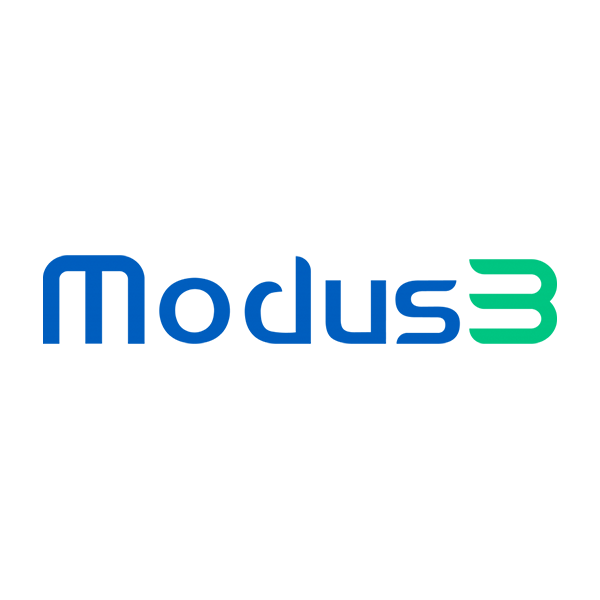Modus3
Modus3
About the Company
Our solution digitalises compliance procedures and connects processes on one highly customisable platform. Simplify, automate, and monitor, in real-time.
#AI #Regtech #Compliance #digitaltransformation #automation
Contact
*Depending on the member, some links above may not be active.
